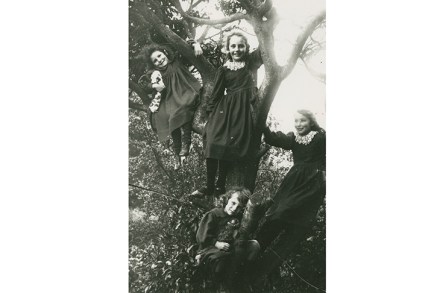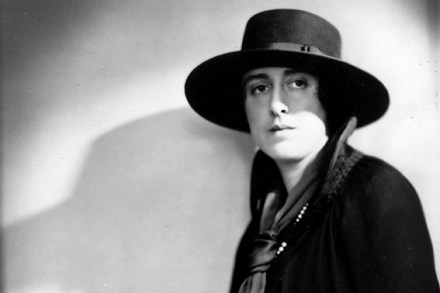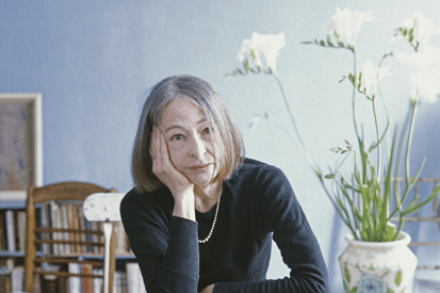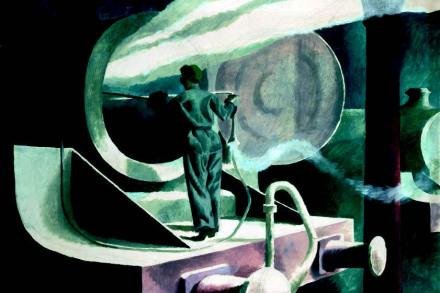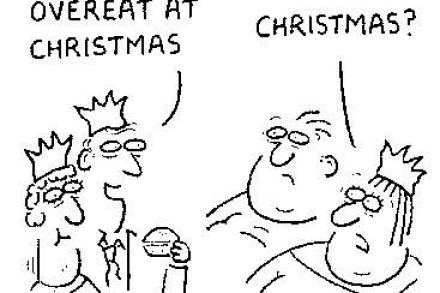Born to be wild
It was high time we had a proper look at the four beautiful, original Olivier sisters. Hitherto, with one exception, they have been seen in glimpses, playing marginal parts on the Bloomsbury stage after about 1910. The exception was the youngest, Noel, who all her life and since has been stuck with her invidious role
